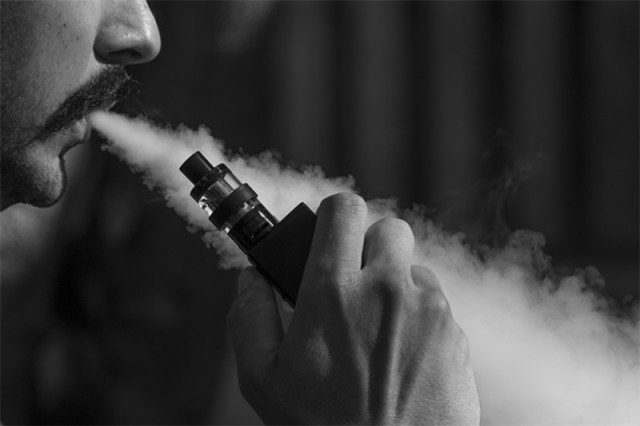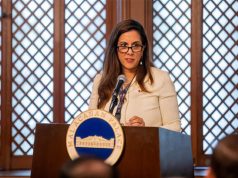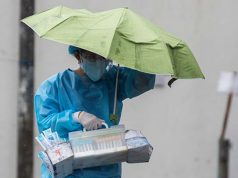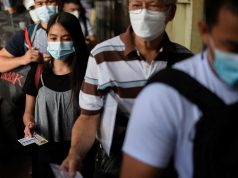(Updated 7:08 p.m.) Health groups slammed the passage of the vape bill, which drew controversy for lowering the legal age of access to heated tobacco products from 21 to 18 years old.
“This law has now opened the gates to a generation of younger smokers by making a dangerous product easily available to our youth at the height of an economic and health crisis,” said Maricar Limpin, executive director of the Framework Convention on Tobacco Control Alliance Philippines.
In a letter sent to Congress, Executive Secretary Victor Rodriguez said the Vaporized Nicotine and Non-Nicotine Products Regulation Act, also known as the Vape Regulation Bill, lapsed into law on July 25. The controversial bill seeks to regulate the sale, promotion and packaging of vaping products.
A bill becomes law if the president neither approves nor vetoes it within 30 days after receipt from Congress.
Limpin stressed that the new vape law breaches the provisions of Republic Act 11467, which prohibits the selling of heated tobacco products to persons below 21 years old. It also penalizes violators with a fine of P10,000 and 30-day imprisonment.
Benito Atienza, former president of the Philippine Medical Association, said the new vape law is “anti-health, anti-children and anti-adolescent,” adding that it allows the selling of more flavors for vape products.
Both the Department of Health and the Food and Drug Administration had also previously urged the president to veto the measure.
“By lowering the age of access to vapor products from 21 to 18 years old, allowing flavorings, and permitting advertising and sponsorship strategies, the bill, when passed into law, will expose our youth to harmful and addictive substances by making vapor products enticing and easily accessible,” the DOH said in December.
Based on the results of the Global Youth Tobacco Survey conducted in 2015 and 2019, the DOH cited a 110% increase in vape use among Filipino students aged 13 to 15.
Supporters of the new vape bill claimed it would provide cigarette smokers with an alternative means to transition to less harmful tobacco products.
Meanwhile, the FDA, said it was misleading to claim vapor products and other heated tobacco products were substantially safer than conventional cigarettes “as these products contain harmful and potentially harmful constituents that are hazardous to human health.”
Limpin also urged the government to focus on non-communicable diseases (NCDs) just as much as enacting measures to curb the rising COVID-19 cases. According to the World Health Organization, modifiable behaviors, which include tobacco use, increase the risk of NCDs.
“Concentrating only on viral and infectious diseases is short-sighted. It must include measures to control and prevent NCDs as the health costs for treating tobacco-related illnesses remain one of the biggest economic burdens of the country,” she added.
Critics also opposed the new vape bill for designating the Department of Trade and Industry as the leading regulatory body over vapes and other heated tobacco products rather than the DOH’s FDA.
In an earlier statement, the FDA reiterated it was “the rightful authority, possessing the expertise, competencies and manpower to develop standards, to regulate and monitor novel tobacco products.”
RELATED: Safer or not? Users weigh in on DOH advisory vs vape’s harmful effects
Interaksyon Editor’s Note: An earlier version of this article indicated that the Vaporized Nicotine and Non-nicotine Products Regulation Bill lapsed into law on July 24.










